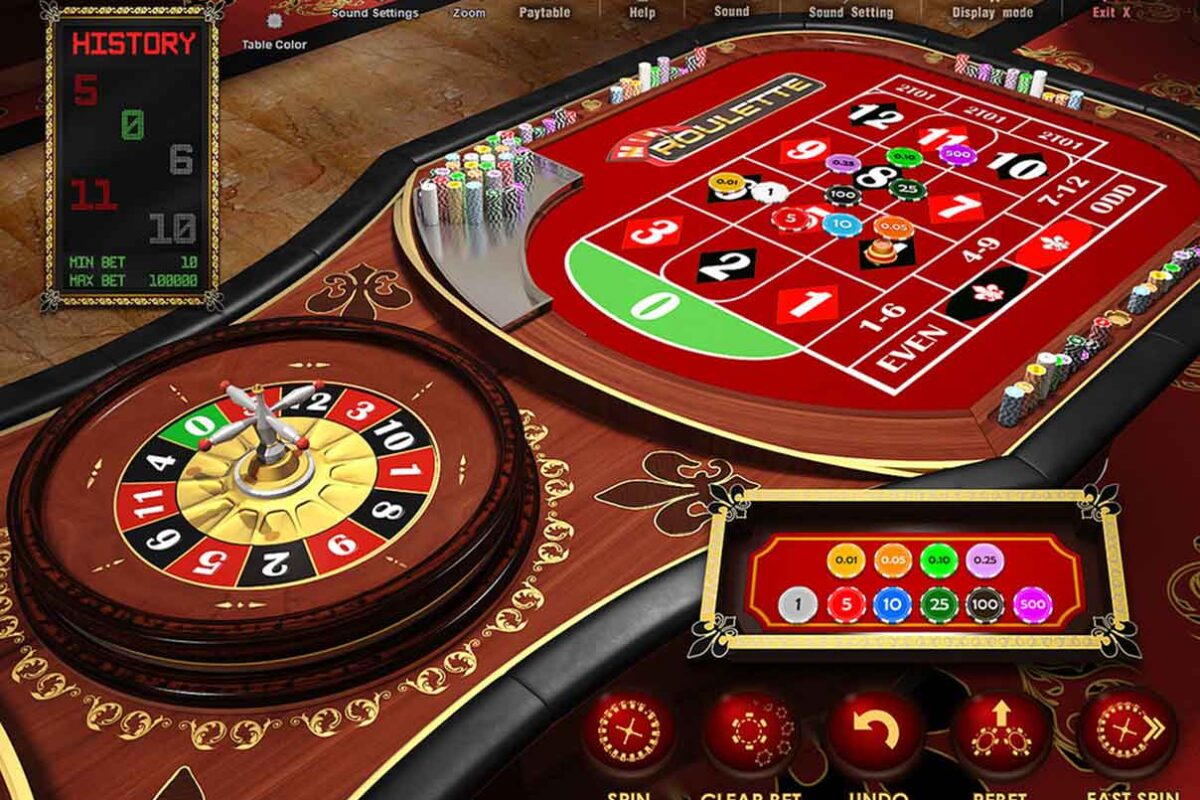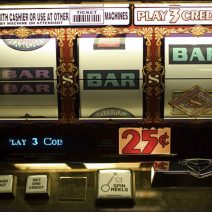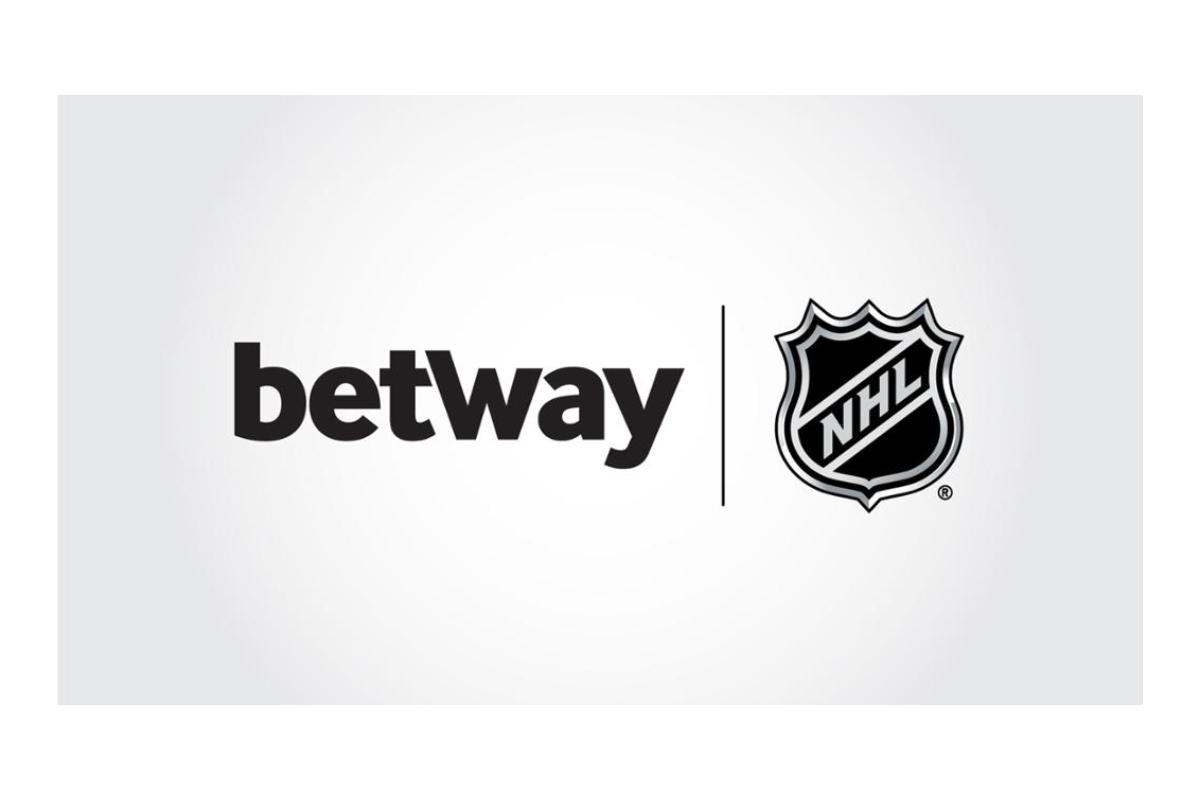
A Review of Your Rights When Choosing to Gamble Online
Knowing Your Rights to Gamble Online
Freedom and liberty are all part of the American picture we are sold across the movies, TV, and news, but how true is this when it comes to gambling. We all know about Vegas and the US Powerball lotto is the biggest in the world, but not all things are as smooth sailing for US players wanting to experience more modern forms of gambling.
Online gambling is our focus in this review because despite it being a gaming platform for over 20-years, most American players do not know their rights when it comes to online gaming and the chance to win real money from the hundreds of online establishments providing classic casino games, online slot machines, and live sports betting.
Gambling in America is big business so let’s see how that transfers into the world of online gaming…
The Many Gambling Laws of America
In the United States of America, there are three sets of laws/regulations that are found at the level of Federal, State, and of Local. This alone contributes to the confusion over player’s rights, given that at the most basic level of understanding that gambling is outright illegal from a federal point of view, yet, depending on what state you live in, gambling can be 100% legal.
This is not so much an American thing, more of a general political stance that is shared by many other countries, mirrored most evidently by India.
We spoke with Sabrina Kumar, Editor-in-Chief of Casinos-India.in, a site offering expert reviews of legal online casinos in India, to share with us how US and Indian laws are the same in almost every way.
“Gambling is a political hot potato. It is a taboo that has been around for centuries and is a very divisive topic when it comes to discussing rights and acceptance. India and the US have similar histories, with natives being either colonized by the British or European countries. In India, the British took over in 1858 and only ended in 1947. The sensibilities are more integrated because it was so recent, with the Indian Gambling Act being installed in 1867. In the US, the colonization started back in the 15th Century with the Spanish settlers, with the British taking territories in the 1600s, for nearly two centuries.
With gambling in India, the laws hardly changed once the British left and as India became a tourist destination with the introduction of public aviation in the 1950s, adjustments were made to introduce land casinos within the more popular regions of the country like Goa and Sikkim. Indian players, like those in the US, shared the same gambling law principles. At a higher government level, it was banned, but if a city or state wanted to appeal to tourists, then licensing approval allowed the industry to flourish.”
How Online Casinos are Able to Operate
So, as it stands for players in India and in the US, if you wish to gamble, then you can travel to parts of the country where land casinos are licensed and permitted by approval of local law. So, how does all this work when it comes to an online business. Well, the law is clear on this and unless state-owned, no business within the country borders can form their own online gambling services.
This is with exception of those within licensed states or cities. For American players, this is hardly liberty and freedom to play. Thankfully, with any law where governments can financially gain, there are loopholes.
Ideally, any government would fully allow gambling because it generates so much revenue in taxes, we are talking billions in dollars. But this would not sit well with the voters who are now conditioned to think gambling is bad. It is a catch-twenty-two for the government, but there are still ways they can profit.
The internet is a free domain for all and unless you live in North Korea, then no government dares to dictate how it can be used by the people. As it is a global platform, players can assess sites that are set overseas, for example, you can read CNN news whilst in Thailand and you can purchase goods off eBay in Europe from America.
This is the loophole. Players from America, just as in India, can access foreign casino sites that are registered outside of their respective countries. Americans can play in European casinos, just as Indian players can.
This is possible because of two factors. One, casinos are regulated by gambling bodies like the Malta Gaming Authority or the UKGC. And two, because they accept foreign currencies. It’s as simple as that really.
These casino domains are just like any other online service and they can service players across many different countries.
Governments will benefit by being able to tax the services of online casinos that wish to trade within their country. Plus, players in the US will already have to pay a tax on winnings that are over $5,000. However, online, there is no taxable claim as the profits are technically made off American soil.
Your Rights to Gamble Online
Can you gamble in the US? Yes. Can you gamble online in the US? Yes, as long as the casino you are joining is not registered within any US borders. The world of the Internet allows you to explore foreign sites that accept US currency and payments are made in real US dollars also. To date, no online user has been brought to charge or faced prosecution because the loopholes are there, but because the laws are so messy between local and federal standpoints, it is no wonder why players hoping to gamble online do not and ultimately give up on the idea of it without researching first.










